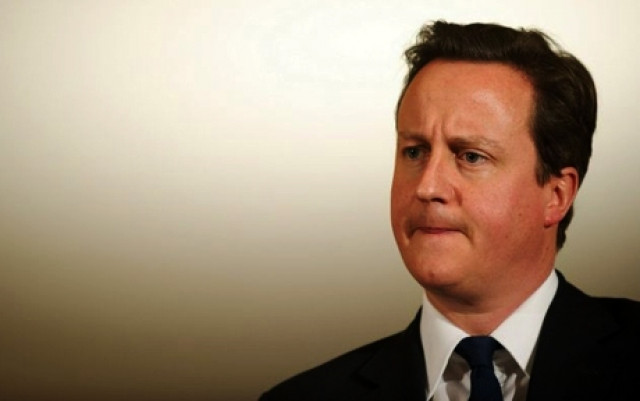Expressing regret
Certainly, a connection exists between Britain and its former colonies but it is a connection steeped in inequality.

Mr Cameron wrote that the Jallianwalla Bagh episode, in which hundreds of protesting Indians were gunned down, was ‘deeply shameful’.. PHOTO: AFP/FILE
It is also noteworthy that Cameron’s expression of regret was only for this incident and not for the fact that Britain ruled India for over a century with little thought for the hopes and aspirations of the locals. There are still many who see colonialism as a noble, if misguided endeavour, where the British sought to develop and civilise the world. What is glossed over is the fact that colonialism was an economic enterprise where Britain made use of the world’s resources only for its own benefit. Certainly, a connection exists between Britain and its former colonies but it is a connection steeped in inequality. But none of this is likely to be seriously pondered over by any mainstream British politician.
During his Indian visit, Mr Cameron also scoffed at the idea of returning the Kohinoor diamond to India. The Kohinoor diamond is now part of the royal jewels and, like much of the heritage on display in British museums, was originally taken from a colony. There is again some of the colonial mentality on display here. Britain believes that it is a greater custodian of these treasures than the country to which it rightly belongs. And now, that it is a middling power on the world stage, Britain seems to have only these reminders of its glorious past. Regret is welcome but a more concrete reckoning is still owed to the former colonies.
Published in The Express Tribune, February 23rd, 2013.














COMMENTS
Comments are moderated and generally will be posted if they are on-topic and not abusive.
For more information, please see our Comments FAQ